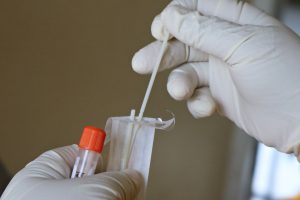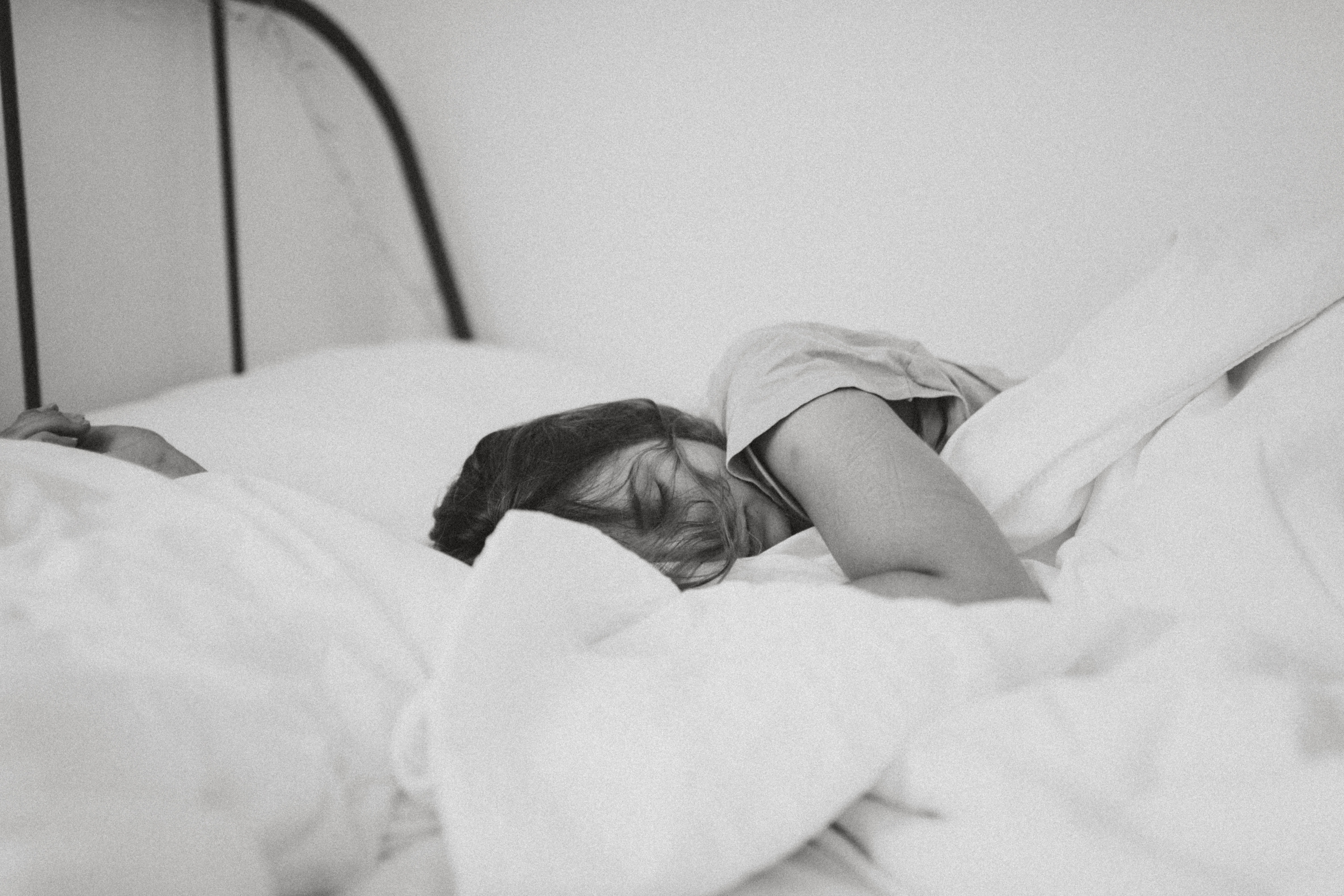Patients with sleep apnea are at increased risk of developing life-threatening coronavirus symptoms.
A new study published in the journal Sleep Medicine Reviews by researchers at the University of Warwick shows those who struggle with obstructive sleep apnea may be at an increased risk contracting a severe case of the coronavirus (COVID-19). After reviewing eighteen COVID-19 studies related to sleep apnea, researchers found that risk factors such as diabetes, obesity and hypertension are similar to those associated with severe COVID-19 symptoms and poor outcomes, and concluded there is evidence to suggest that a large number of patients admitted to intensive care with the virus also had obstructive sleep apnea.
The researchers warned, this disrupted sleep condition goes undiagnosed nearly 85 percent of the time. And, diabetic patients who suffer from sleep apnea and were admitted to hospitals with the coronavirus had 2.8 times greater risk of the virus being fatal after one week of treatment.

“This is a group of patients that should be more aware that obstructive sleep apnea could be an additional risk if they get COVID-19,’’ said lead author of the study, Dr. Michelle Miller of Warwick Medical School. “Make sure you are compliant with your treatment and take as many precautions as you can to reduce your risk, such as wearing a mask, social distancing and getting tested as soon as you notice any symptoms. Hospitals and doctors should also be recording whether their patients have obstructive sleep apnea as a potential risk factor, and it should be included in studies and outcomes data for COVID-19. We need more data to determine whether this is something we should be more concerned about.”
She added, “Without a clear picture of how many people have obstructive sleep apnea it is difficult to determine exactly how many people with the condition may have experienced worse outcomes due to COVID-19. This condition is greatly underdiagnosed, and we don’t know whether undiagnosed sleep apnea confers an even greater risk or not. It is likely that COVID-19 increases oxidative stress and inflammation and has effects on the bradykinin pathways, all of which are also affected in obstructive sleep apnea patients. When you have individuals in which these mechanisms are already affected, it wouldn’t be surprising that COVID-19 affects them more strongly.”
There has been a wealth of research indicating sleep disorders have worsened amid the pandemic. This means, even if individuals have never been diagnosed with a condition previously, they are at an increased risk of developing disordered sleep symptoms with changes to daily living as a result of the coronavirus.
Dr. Rachel Manber, Professor of Psychiatry and Behavioral Sciences and Director of the Stanford Sleep Health and Insomnia Program (SHIP), explained, “The two main contributors to potential worsening of sleep are changes in stress levels and changes in sleep behaviors. The pandemic and related shelter in place measures to mitigate its spread have increase stress levels among many. People may worry not only about the disease itself, other health issue that might not be optimally addressed, financial issue, as well as other psychological and interpersonal stressors. In general, worries and anxieties tend to have a negative impact on sleep.”
She added, “Shelter in place also lead some people to alter the timing and duration of sleep in ways that can be detrimental to sleep. F or example, they might be less regular in when they wake up or take long naps during the day. These behaviors have negative impact on the biological clock that regulates sleep and wakefulness and therefore lead to problems sleeping.”
It is imperative that individuals concerned with their sleep patterns stay on top of their health and seek guidance from a physician to ensure they do not subject themselves to increase risk of developing life-threatening COVID-19 symptoms. Undergoing a sleep study may be beneficial for preventing illness and disease.
Sources:
Study finds sleep apnea may increase risk of coronavirus death
COVID-19: Patients with sleep apnea could be at additional risk


Join the conversation!